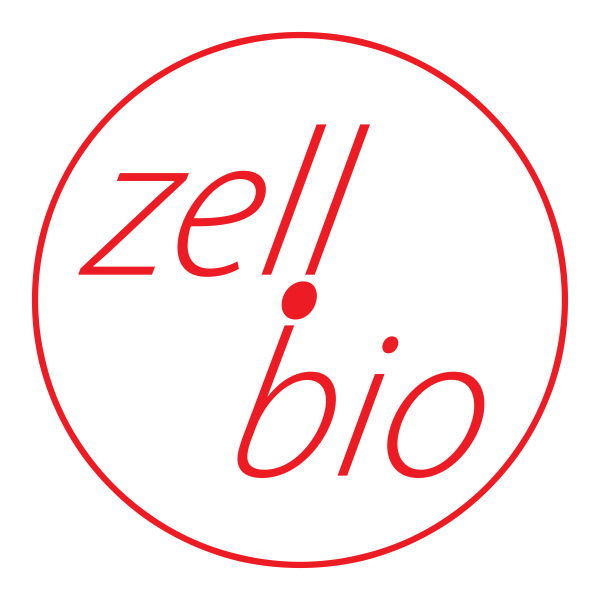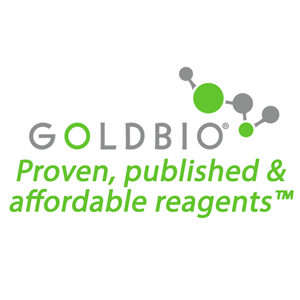Description
Tested and Certified for in vivo imaging (See “Luciferin FAQ” in additional information)
Luciferin is a common bioluminescent reporter used for in vivo imaging of the expression of luciferase. This substrate for the firefly luciferase enzyme utilizes ATP and Mg2+ as cofactors to emit a characteristic yellow-green emission in the presence of oxygen, which shifts to red light in vivo at 37°C. Through the utilization of ATP, the reaction can be further used to indicate the presence of energy or life in order to function as a life-death stain.
Luciferin is a common reagent used throughout the biotechnology field and specifically for in vivo imaging. Luciferase labeled tumor cells, stem cells or infectious diseases are often inoculated into research animals such as rats or mice for investigation. The injection of luciferin allows for the real-time, noninvasive monitoring of disease progression and/or drug efficacy in these model systems through Bioluminescence Imaging (BLI).
Luciferin is also commonly used for in vitro research, including luciferase and ATP assays, gene reporter assays, high throughput sequencing and various contamination assays.
Firefly Luciferin is identical to Beetle Luciferin. (See “Additional Information” for structures.)
Product Specifications:
D-Luciferin Firefly, free acid (Proven and Published®)
4,5-Dihydro-2-(6-hydroxy-2-benzothiazolyl)-4-thiazolecarboxylic acid
MOLECULAR BIOLOGY GRADE
Formula: C11H8N2O3S2
MW: 280.33 g/mol
Color: Off white to light yellow powder
Purity: >99% pure
Storage/Handling: Store desiccated at -20°C. Protect from light.
PubChem Chemical ID: 92934
Note: The Free Acid form of luciferin will not dissolve in water unless a dilute base such as NaOH, KOH, sodium bicarbonate or potassium bicarbonate is added to adjust the pH. The potassium or sodium salts of luciferin are more convenient for experiments, particularly for in vivo imaging, since they readily dissolve in water or buffer.


